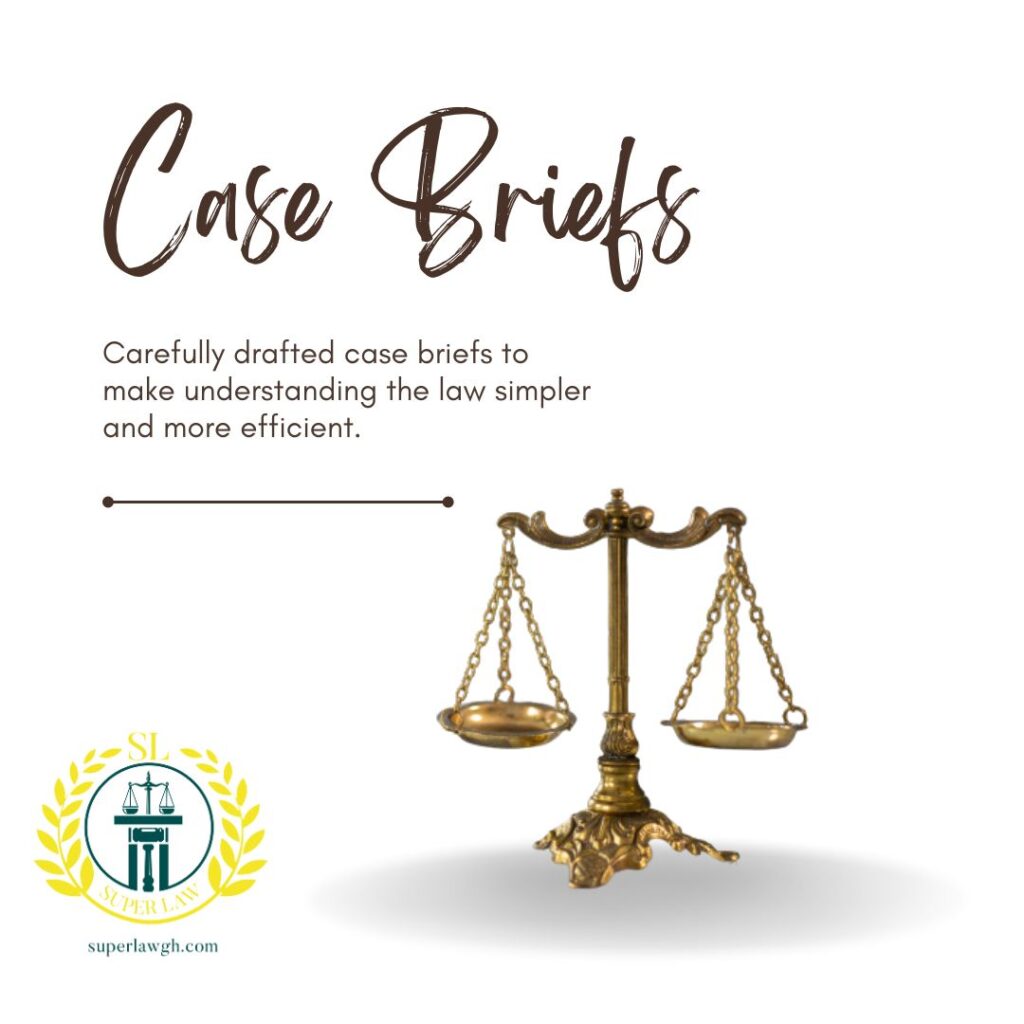NACOC arrests British national at Kotoka Airport with 53.6kg of cannabis. A customs officer and porter suspected of assisting him were also detained.

A major drug bust was recorded at the Kotoka International Airport (KIA) on Sunday, May 19, 2025, as officers from the Narcotics Control Commission (NACOC) arrested a British national attempting to smuggle a substantial quantity of cannabis into Ghana.
The suspect, whose name has been withheld for now, arrived in Accra aboard Emirates flight EK 787 from Thailand via Dubai. Upon routine inspection, NACOC operatives stationed at the airport discovered two suitcases containing 92 slabs of substances suspected to be cannabis.
A preliminary field test conducted on the seized material returned positive for cannabis, with the total weight recorded at 53.60 kilograms.
According to officials, further investigations at the scene led to the identification and arrest of two accomplices believed to have been aiding the foreign national.
The suspects include a customs officer and a porter working at the Commercially Important Person (CIP) section of the airport. Both individuals were allegedly facilitating the smooth passage of the contraband through airport security.
All three suspects are currently in custody, assisting NACOC with ongoing investigations into what authorities suspect may be part of a broader international drug trafficking network.
The parliament of Ghana through the legislative powers vested in it by the Constitution enacted the Narcotics Control Commisssion to establish the Narcotics Control Commission, to provide for offences related to narcotic drugs and plants cultivated for narcotic purposes and for related matters. It was passed by parliament and assented to by the President on 11th May, 2020. Under the Act, specifically section 2, the objects of the commission includes among other things to:
(a) ensure public health and safety—
(i) by controlling, preventing and eliminating traffic in prohibited narcotic drugs and plants; and
(ii) by taking measures to prevent the illicit use of precursors;
(b) collaborate with the relevant bodies to develop measures for the treatment and rehabilitation of persons suffering from substance use disorders;
(c) develop, in collaboration with other relevant bodies, alternative means of livelihood for persons who cultivate narcotic plants; and
(d) facilitate the confiscation of proceeds from narcotic related offences.
Thus, the object of this commission is to primarily ensure and eliminate the use of Narcotics except in accordance with law. To achieve this, section 3 of the Act clothes the Commission with wide powers including but not limited to: prosecuting offences under the Act; eliminating the import or export by land, water bodies or air of narcotic drugs, narcotic plants and precursors for illicit purposes; to establish a security check desk at each point of entry into the country and point of exit out of the country; and early destruction or disposal of narcotic drugs or plants that have been seized or confiscated. These are just but few of the functions of the commision. With these powers, the commission to establish checkpoint at all points of entry and exit into Ghana and it is this power that has led to the apprehension of these suspects.
Again, the Act provides for various crimes relating to narcotics. Relevant to the present discussion is the prohibition of importation or exportation of narcotic drugs. Particularly, section 36 provides that “In accordance with section 126 of the Public Health Act, 2012 (Act 851), a person who imports, exports or re-exports a narcotic drug without a licence issued by the Minister responsible for Health, commits an offence and is liable on summary conviction to a fine and a term of imprisonment as specified in the Second Schedule.” Unlawful possesion(that is without lawful authority) or control of narcotic drugs is also a crime under section 37 of the Act.
Thus, by these sections just to mention a few, it is a crime to import or export narcotic drugs as defined in the fifth, six and seventh schedules to the Act. It also a crime to have in one’s possession or control a narcotic drug without lawful authority, proof of which lies on that person.
In a nutshell, Ghana’s law on narcotics is elaborative enough and if the provisions of the Act are enforced through the enforcement mechanisms given to the Narcotics Control Commission, one can be rest assured that it will achieve its object of ensuring the public’s safety and health.

